I got an email in my inbox from a reader yesterday. It was quite to the point:
“What is unschooling?” she asked.
Which made me realize that my last post might have left out a few pertinent details.
So I’m including my answer to her, along with a few reading recommendations.
“Unschooling” is a sort of in-your-face word for what others might call “interest-led learning”. In general, you try to harness a kid’s natural curiosity and let learning grow organically from that. For instance, my daughter loves fairies; a few years ago I got a children’s book version of a Midsummer Night’s Dream, and she became obsessed with it, and we read other Shakespeare adaptations together, watched movies, etc. I wrote more about that experience here.
For some kids, Minecraft leads to computer programming, or cooking cupcakes leads to a small business, or doing art leads to–well, more art. Part of unschooling is trying to open one’s eyes to the many ways of being and learning in the world, and not giving ‘academic’ objectives more priority than other ones, like creativity, kindness, or joy, or wholeness. Yes, we sound airy-fairy sometimes.
You can read someone else’s journey to unschooling here at Simple Homeschool.
For those of you who don’t know have personal acquaintance with homeschooling, it’s important to know that education at home often does not look like “school at home”, even for families with more structure than me. Each family generally finds the philosophies, tools, and inspiration that fit their kids. Some love classical models of education, some find inspiration with Montessori or Waldorf, or through a Victorian-era writer named Charlotte Mason, and on, and on, and some do a little bit of everything.
Browse around Simple Homeschool for an idea of the broad range of philosophies and approaches—none of them are “wrong” or “right”. What matters is what sparks learning in your home.
If you want to learn more from writers who focus on unschooling:
Unschooling’s founding philosophers are probably John Taylor Gatto and John Holt. Their critiques of the public school system are pretty unsettling. You could get one of their books from the library.
For an idea of what more structured unschooling could look like, go to Lori Pickert’s site, Project Based Homeschooling. Structured unschooling might be an oxymoron.
For a free-as-a-bird view, go to Sandra Dodd’s site. If you know the Right Way to parent, however, maybe don’t go there—your hair might turn white. (Note: I would caution anyone from assuming that people who go this far are crazy—I know a lot of them and they generally challenge and inspire me.)
You might also find these sites helpful:
- Writers will love Patricia Zaballos’ wisdom about writing with kids.
- For those woodsy types, I love Renee Tougas’ site FIMBY (she wouldn’t call herself an unschooler, but there’s enough philosophical overlap to help you understand what day-to-day interest-led learning looks like).
- Penelope Trunk of Brazen Careerist has a homeschooling site that is funny and scathing.
- Leo Babuta of Zen Habits has one too, called Unschoolery.
- And my dear friend Melissa’s blog isn’t exactly about unschooling, but she shows the beauty that results from a life lived joyfully and in freedom with kids.
Any other site recommendations? Please, leave it in the comments! If you have critiques of homeschooling or unschooling, I welcome respectful dialogue, but personal attacks or haters (I’ll be the judge of what that is) will be deleted.






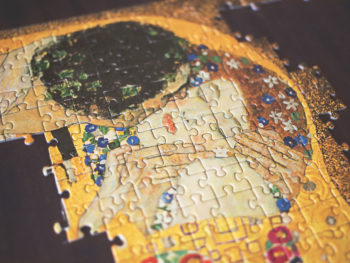

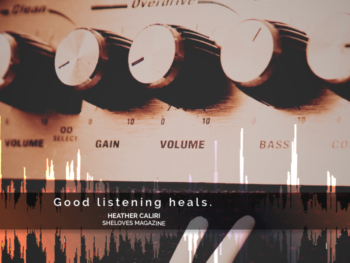
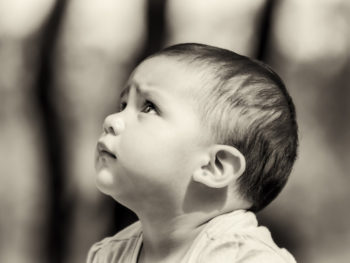

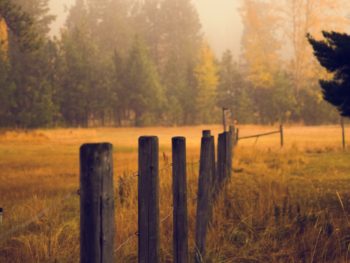
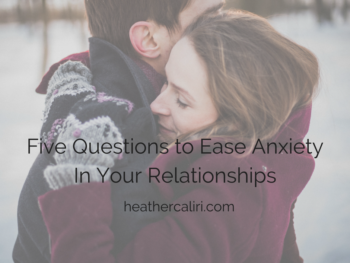
 When You Care for Others Gracefully, You Experience Grace
When You Care for Others Gracefully, You Experience Grace
Thank you for including me in this collection of thought-provoking resources, Heather! I’m honored. Looking forward to your unschooling posts!
my pleasure, Patricia!